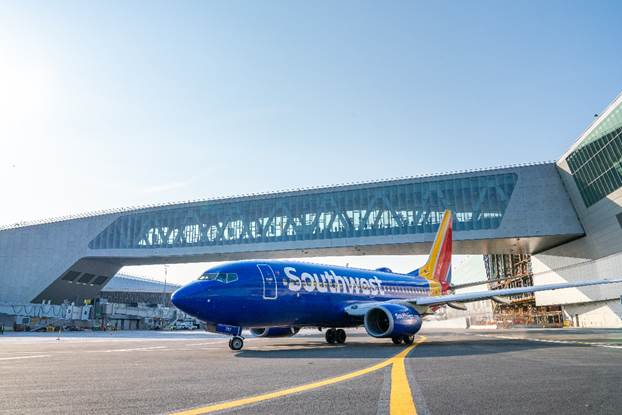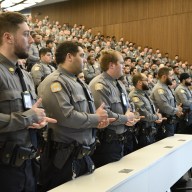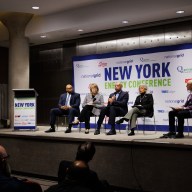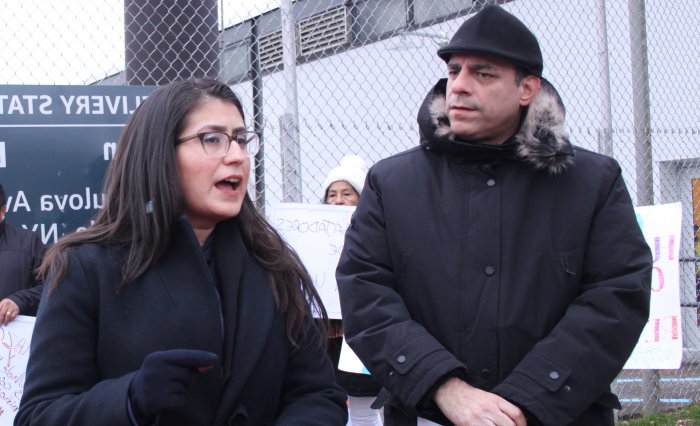Southwest Airlines agreed to reinstate a LaGuardia Airport ground crew worker after he lodged a formal complaint that the air carrier fired him in violation of New York City’s paid sick-time law.
The settlement, reached with the city Department of Consumer and Worker Protection (DCWP), required Southwest to rehire the worker who was unlawfully fired for using sick leave and pay him $15,903.60 in back pay and restitution.
In May, DCWP received a complaint from a ramp agent at LaGuardia Airport who had been fired by Southwest for accruing too many disciplinary points after using sick leave. Under the NYC Paid Safe and Sick Leave Law, workers are entitled to use their accrued leave and it is illegal to retaliate against a worker for using that leave.
“There are real consequences for those who choose to violate our city’s Paid Safe and Sick Leave Law, and I thank the administration and the Department of Consumer and Worker Protection for looking out for the best interest of workers and getting this individual the compensation he needs to be made whole,” City Councilman I. Daneek Miller, the Committee on CivilService and Labor Chairman, said. “We’re sending a strong message that any violators of the law will face swift consequences and that the city will not allow workers’ rights to be violated without recourse.”
The de Blasio administration also put Southwest on notice to bring their sick leave policy into compliance with the city’s law or risk further investigation.
“In New York City, paid safe and sick leave isn’t just nice to have, it’s the law,” Mayor Bill de Blasio said. “Sick leave is vital to keeping its workers, and customers, healthy and safe.I thank the Department of Consumer and Worker Protection for getting this employee back to work and for protecting the rights of employees across our city. Southwest Airlines, you’re on notice.”
Under the NYC Paid Safe and Sick Leave Law, employers with five or more employees and employers of domestic workers in New York City must provide paid safe and sick leave to employees. Employers with fewer than five employees and a net income of $ 1 million or more, and employers with between five and 99 employees must provide 40 hours of paid leave.
Employers with 100 or more employees must provide up to 56 hours of paid leave. Employers with fewer than five employees and a net income of less than $1 million must provide unpaid safe and sick leave. Safe and sick leave is accrued at a rate of one hour of leave for every 30 hours worked and begins on the employee’s first day of employment.
“Our goal, in this case, was to compel Southwest to reinstate this worker with back pay. But, in addition, we put Southwest on notice that they must correct their sick leave policy or we will investigate their overall compliance with the City’s Law,” DCWP Commissioner Peter A. Hatch said. “It’s bad enough to deny a worker their right to sick leave but to fire them for using it — during a global pandemic — is unacceptable. We urge any other Southwest ground crew worker who has been denied their leave to file a complaint with us — even if they wish to do so anonymously.”
The worker, who has been employed by Southwest since 2015, is a member of the Transport Workers Union (TWU).
“We are thankful to the City of NY for joining this fight aiding a successful outcome that will prove beneficial to our membership. In securing our member’s reinstatement, with back pay and restitution, the City has restored a valuable employee to the airline, TWO Local 555 President Randy Barnes said. “As we continue to fight for our member’s protections and rights, we welcome the assistance of all governmental agencies, local, state, and federal in future disagreements/clarifications regarding the Company’s application of policy.”
































